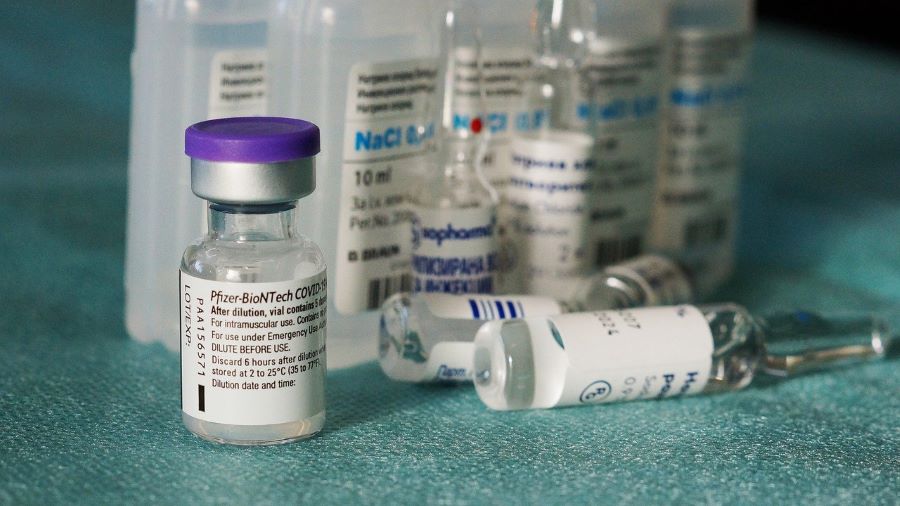Spanish Health Minister Carolina Darías is counting on the need for a third dose of the corona vaccine. The only question is when it should be provided.
This is what Darías said in an interview with radio station OndaCero Friday morning. “Everything seems to indicate we should provide a third dose.” She then explained Spain has signed contracts with Pfizer and Moderna for 2022 and 2023 on the basis of the EU. The contracts for Spain amount to €1.8billion in the case of Pfizer and €480million for Moderna.
Darias said she has no doubts vaccination should continue in the coming years. “The only question is when the next dose should be given.”
The European Medicines Agency EMA is currently studying the proposal of the pharmaceutical companies Pfizer and Moderna about the possible third dose or ‘booster’.
For now, institutions such as the US Food and Drug Administration (FDA) and CDC (Centres for Disease Control and Prevention) have rejected the need for a third dose. The World Health Organisation has also said it does not support it. Not only because there is currently no conclusive scientific evidence for this, but also because it would be unfair to the – mostly poor – countries that have yet to start vaccinating their populations. The poorest countries have vaccinated less than 1% of their population.
Darías did indicate it is important to achieve a vaccination rate of 100% or very close to it. Moreover, this must apply to the entire world population because “we are not safe until the whole world is vaccinated”.
Spain gives 22 million doses to poor countries
According to the health minister, the Spanish government has promised to donate 22 million doses of vaccine to other countries. The country has already invested €4billion. “The virus has a way of surviving and that is through mutations and some mutations are more contagious or can break through current vaccines”.
Fewer infections
Darías gave the interview as the new infection rate is beginning to slow down. Although this trend varies in different areas in Spain. The virus incidence for the whole country is currently 659 cases per 100,000 inhabitants. Therefore, all autonomous regions fall under the heading of ‘extreme risk’. The incidence varies between 276 in Castilla-La Mancha to 1,216 in Catalonia.
25 million Spaniards have been fully vaccinated, according to figures from Thursday.


